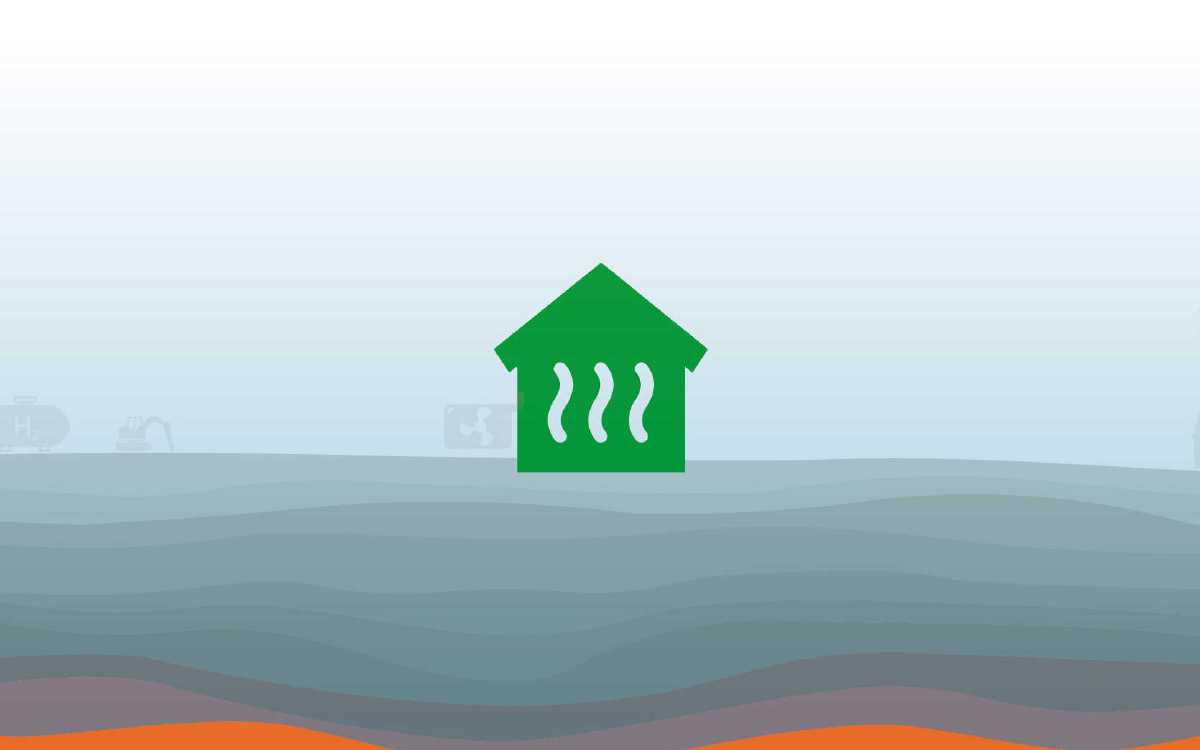The whole of the Netherlands must get rid of natural gas by 2050. On Ameland we want to have that job completed by 2035. In this way we fulfill our Amelander ambition to be at the forefront of the energy transition for fifteen years. As an island, we will be independent of fossil fuels after 2035, we will emit almost no CO₂ and we can largely meet our heating needs ourselves. How do we do that? Together.
Working together on appropriate solutions
Because the switch to heat without natural gas affects everyone, we work together with residents, entrepreneurs, owners of holiday homes and other parties on suitable solutions for the island.
Process
The road to natural gas-free is complex. Amelanders have the most important voice in this. Their wishes, possibilities and ideas are central to assessing and analyzing the options. Village discussions took place in the four villages on Ameland at the beginning of 2023. This will be continued. The municipality will keep residents informed about this. The input and insights ultimately lead to advice to the Ameland municipal council.
Four promising routes (with today’s knowledge)
The municipality of Ameland has the legal task of organizing the transition to natural gas-free and is investigating the technical possibilities. The municipality is currently investigating the following four options for feasibility and affordability:
1- High temperature heating network with deep geothermal energy as a source View animation for more info
2- Hydrogen in gas pipeline View animation for more info
3- Electrification with heat pump (individual) View animation for more info
4- Electrification with heat pump (collective) View animation for more info
There are still many questions to be answered. In the meantime, residents feel that insulation and other energy-saving measures are always a good idea! The energy advisor can help residents and entrepreneurs with this: edeboer@ameland.nl
More information [Questions and answers information evenings Feb-March 2023 heat transition Ameland](/uploads/pdf/questions-and-answers-information evenings-Feb-March-2023-warmtetransitie-ameland.pdf)





